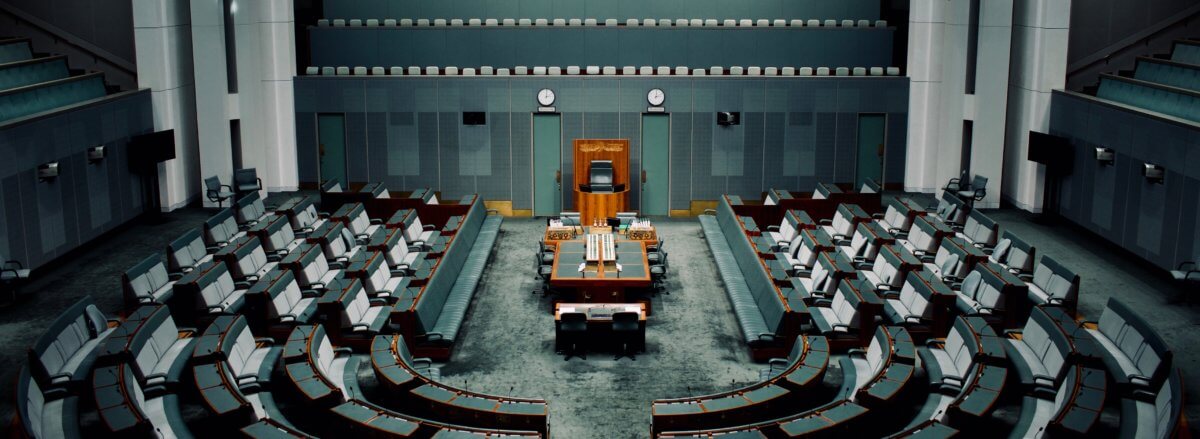The House of Commons Justice Committee has just launched an inquiry into the current programme of reforms to Her Majesty’s Courts Service. The details of the inquiry can be found here:
Two of the key areas that the committee want to consider are:
- What will be the likely effects of the reforms, both implemented and proposed, on access to justice in relation to:
a. civil justice?
b. family justice?
c. criminal justice?
d. administrative justice, particularly as delivered by the tribunals system?
e. those who are digitally excluded or require support to use digital services?
- What are the effects on access to justice of court and tribunal centre closures, including the likely impact of closures that have not yet been implemented; and of reductions in HMCTS staffing under the reform programme? For users, how far can online processes and video hearings be a sufficient substitute for access to court and tribunal buildings?
Now, court reform, indeed criminal justice issues in general, are not really the stuff of tabloid headlines. The exceptions, of course, are when something is deemed to have gone dramatically wrong: a high profile miscarriage of justice; a high profile trial involving serious crime (or a well known celebrity); or something that is deemed to affront all sense of right and justice (The Worboys case).
The actual functioning of our justice system does, on the whole, not generate a huge amount of interest or engagement by the public; one could even be forgiven for thinking that for lot of the time criminal justice professionals are simply talking amongst themselves.
But the way our justice system works, including the way and means that people have access to that system is one of the bedrocks, one of the essential component parts of a democratic, civilised society. It is not, or should not be an afterthought and something to which we are all subject rather than about which we are informed and concerned.
The reform programmes in criminal justice have noble aspirations: to make sure that the system is fit for purpose (future proofed) and that we continue to have a justice system that is the envy of the world. Better case management, greater and more efficient use of technology, “putting victims first” – all sound great. But are they just sound bites?
If you listen to the government these reforms are doing just what they set out to do – providing a justice system that is lean, fair, empathic and fit for the future. But there are some siren voices that are raising concerns. A recent bestseller (yes, I know, seems something of a contradiction to what is said above) casts a critical eye over these reforms and the system in general. The Secret Barrister raises significant concerns about our justice system and, if you can lay your hands on a copy, it’s well worth a read – this is not a backdoor promotion of the book by the way.
For example, the programme of court closures and the impact these have. The MOJ points out that 97% of users will still have access to a court within an hour’s travel time. Sounds reasonable. And yet many of us who have worked in a court environment know the difficulties, some not insubstantial, that witnesses have getting to court let alone the problems of getting the accused to court on time. So it’s not all rosy garden stuff.
That’s why this inquiry is important. For many of those impacted by our criminal justice system (and that is, let’s face it, most of us) don’t really have, too often, the chance to have our voices heard. So please, if you have any insights, any concerns, any suggestions on the questions raised, on how to make our justice system serve us better and be the shining beacon on a hill it has been promoted as in the past, let the committee know and send in a response. You have until March 11th.


